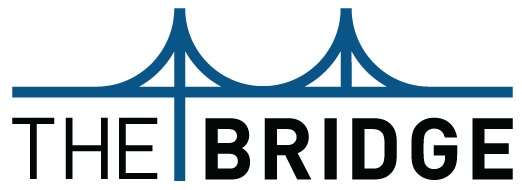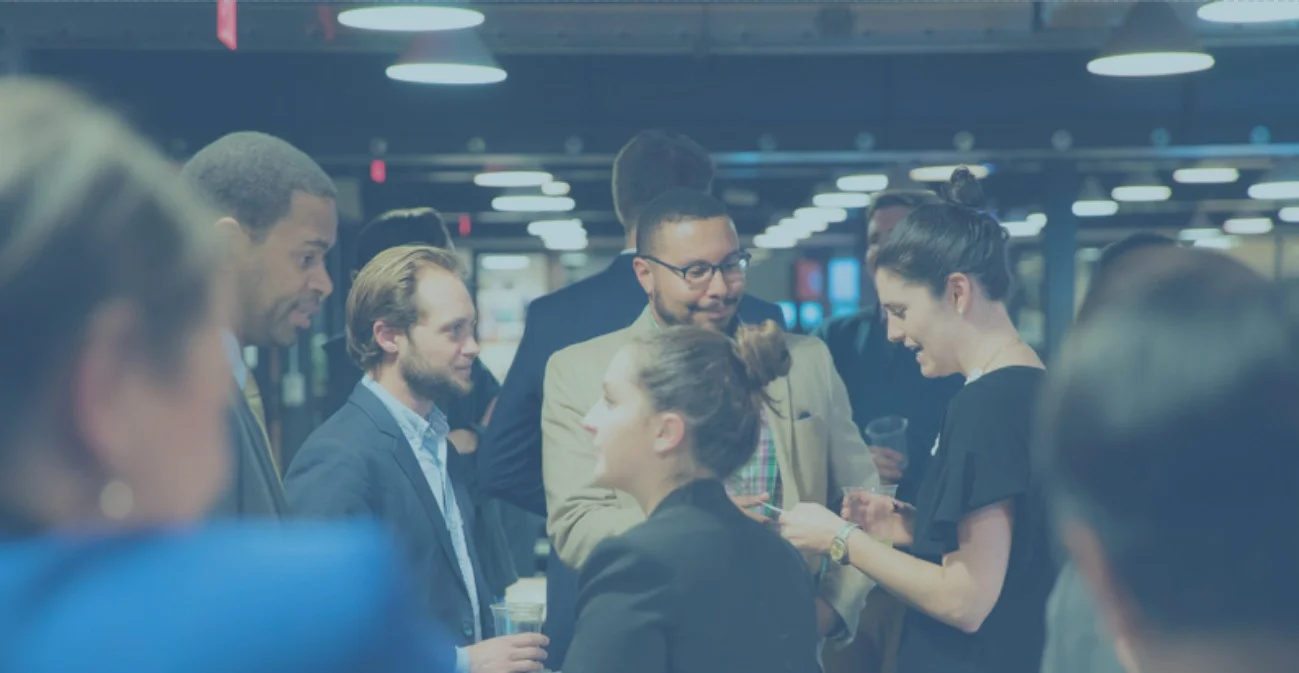TheBridge profile: Michael Ortiz
Name: Michael Ortiz
Current city: Washington, DC
Current job: Head of Public Affairs, Roivant Sciences
Past job: Deputy Coordinator for Counterterrorism, U.S. Department of State; National Security Council, White House
Q. Favorite spot for a coffee meeting? I’m a La Colombe coffee fan, so if I can’t make it to one of the shops, I meet folks at my office (WeWork Metropolitan Square) where they have it.
Q. Can you describe how a skill you learned in a previous job helped you in your current job? I served in a variety of roles in the Obama Administration, including Senior Advisor to the National Security Advisor at the White House and Deputy Counterterrorism Coordinator at the Department of State. For these roles, I had to learn how to manage a range of dynamic national security issues, constantly making judgments about how developments affected my team, organization and U.S. foreign policy so I could offer the best advice on how to respond. In my role at Roivant Sciences, I’m also dealing with a rapidly changing environment at the intersection of business, policy and politics. Every day, there are new regulations and policy proposals that could potentially affect our company and the work we’re doing to deliver innovative medicines and technologies to patients. Not to mention, healthcare is as politically charged as ever in today’s Washington. I need to ensure I’m aware of everything happening in this space to inform my determinations of what might affect our company and then offer my best judgment about what to do next.
Q. Job advice in three words? Reputation is vital.
Washington is very much a place that operates by word of mouth. In fact, I’ve gotten each job I’ve had in my career because I’ve been vouched for by people I had worked with previously. Additionally, when your role is to interface with folks outside of your organization, like mine is at Roivant, it’s even more important to come prepared and leave a favorable impression on people, to ensure that your own conduct reflects well on the organization.
Q. How are you (or your company, org, nonprofit) currently bridging the gap between tech/innovation and regulation? At Roivant we are building a healthcare company of the future by working to fundamentally change how medicines are developed and commercialized. We’re living in a time of unprecedented discovery and scientific advancement, but developing new medicines and technologies is still too costly and time-consuming. Through a unique approach to sourcing talent, aligning incentives, deploying technology, and launching small biotech and technology start-ups, we are doing everything we can to deliver innovative medicines as quickly as possible to patients in areas of high unmet medical need, like diabetes, Parkinson’s disease and chronic women’s health conditions. These diseases cause great suffering to patients and their families, and cost U.S. taxpayers billions of dollars each year due to the high costs of available treatments.
Q. What can innovators learn from policymakers? Innovators often find their best ideas by imagining environments without constraints – whether political, policy or regulatory. This ability to see beyond today’s world allows them to come up with creative solutions for tomorrow. However, to ensure the success of an innovative product over the long term, it’s important to consider how policymakers and regulators will react, identify the constituencies the product will impact (positively or negatively) and try to figure out what potential issues can be managed in advance. Communicating with policymakers early in the process and understanding who your advocates will be, as well as how to address any potential concerns, can pave the way for a much more successful and effective adoption down the line.
Q. What can policymakers learn from innovators? Innovators often think in terms of how things should be or could be, while policymakers often focus first on constraints and roadblocks such as existing laws, regulations, politics and bureaucratic hurdles to overcome before new ideas can see the light of day. This focus sometimes stymies new and creative proposals to tackle complex policy challenges, whether healthcare, climate or national security-related. Innovators can teach policymakers to broaden their thinking beyond how to get things done in the current system and try to imagine (and then work to build) the system we should have.
This is one of the main reasons I find my work at Roivant so exciting. We are taking a step back from the current drug development and commercialization processes, examining how they can be improved, creating a new model for establishing companies, and then launching these companies.
Q. Do you have a favorite book, podcast or long-form article you recommend for TheBridge community? I am currently reading Jason Rezaian's book, "Prisoner", which is about his time in an Iranian prison and the diplomacy that resulted in his release. I was working at the National Security Council during these negotiations, and it has been fascinating to hear Rezaian’s extraordinary experience and perspective. I also regularly listen to Politico's Pulse Check podcast for the latest healthcare policy news, and Pod Save the World for foreign policy topics.
Q. Looking back, what advice would you give yourself in the beginning of your career? You don’t need a 5 or 10-year plan. You need to focus on the skills you want to develop today so that you can do work that interests you over the longer term. As long as you are learning, you won’t go wrong.
Q. What is the best advice you’ve received? Establish positive relationships with everyone in your office or on your team, you never know how others will help you going forward.
Q. When was the last time you completely unplugged? January 21, 2017 (the day after the Obama Administration ended), and this January when my second daughter was born.
Q. Do you have a morning routine? Since I first started out in government, I’ve always woken up early (5:00/5:30) to read as much news as I can and then I hit the gym before work. I’ve had the same routine for about 15 years.
Michael’s profile was featured in TheBridge update. Don’t miss another profile, click below to sign up to join TheBridge and receive for our updates.


